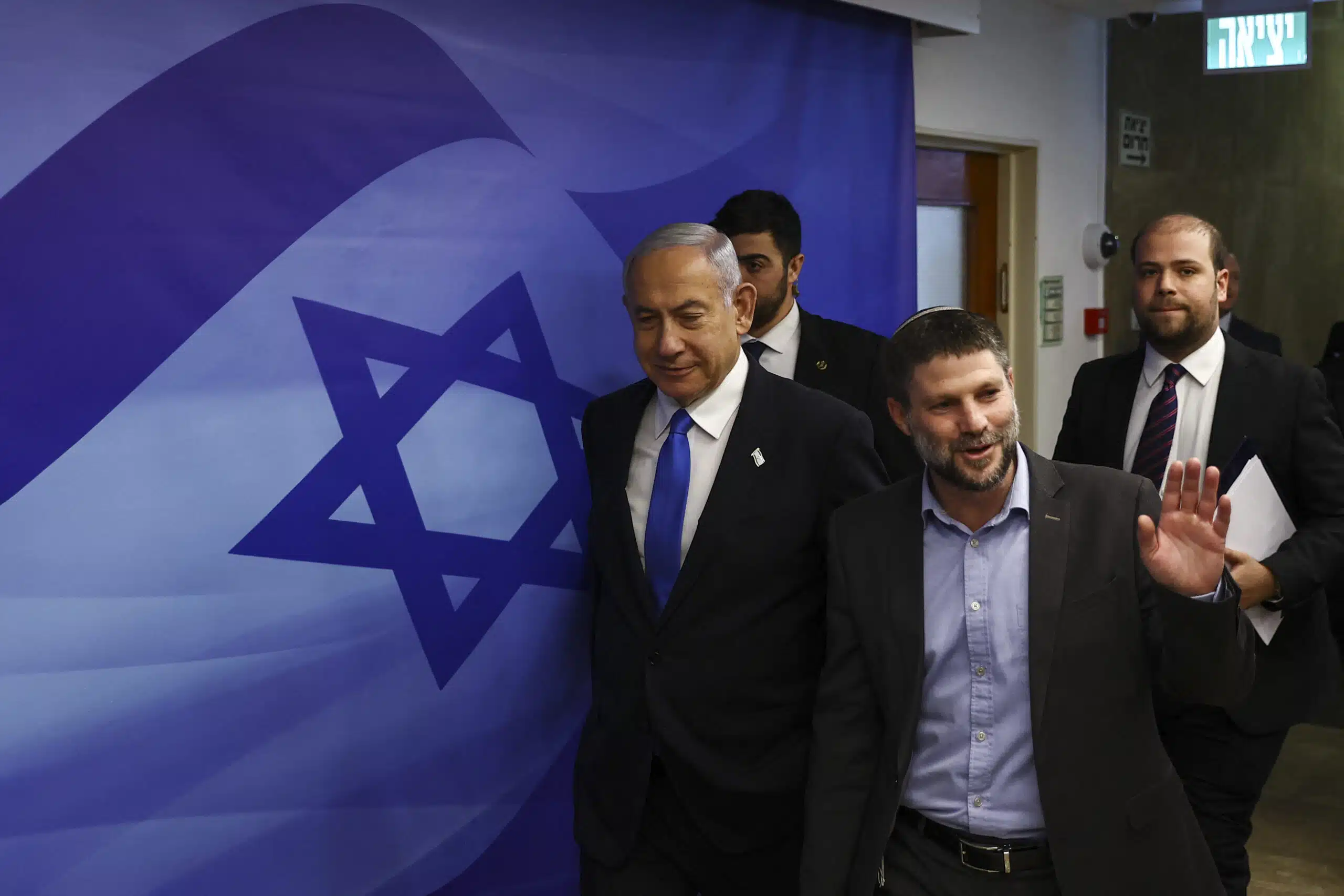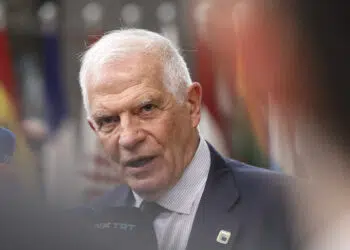Brussels – A week ago, the decision to legalize five colonies in the West Bank—with attached provocation to the West: one “for every country unilaterally recognizing Palestine,” said Israeli Finance Minister Bezalel Smotrich, a member of the Zionist far-right. Yesterday (July 3), the announcement of the largest designation of state land in the occupied Palestinian territories since the 1993 Oslo Accords, more than 1,200 hectares. Today, 6,000 housing units have been approved for colonist settlements.
The Israeli government confirms—if there was still a need for it—its rejection of the dialogue toward the two-state solution, which the international community is trying to revive and which includes the restoration of the 1967 borders between Israel and Palestine. Before the Six-Day War, the West Bank, the Gaza Strip, and East Jerusalem were fully part of the Palestinian territories. Today, however, about 475,000 Israeli settlers live in the West Bank in settlements authorized by Tel Aviv.
According to the NGO Peace Now data, which campaigns against the occupation in the West Bank, in this first half of 2024 alone Israel has already appropriated 2,368 hectares. This is a record amount: so far, the highest total had been recorded in 2014, when Israel designated 478 hectares of state land. Yesterday’s designation along the Jordan Valley follows other large land appropriations: 800 hectares also along the Jordan in March, 263 hectares east of Jerusalem in February, and 17 hectares in Etzion, south of Bethlehem (where some 70,000 settlers already live) in April.

“Thank God, we are building and developing settlements and obstructing the danger of a Palestinian state,” Smotrich said again, claiming his own merits in the shift in the process of occupying the Palestinian territories. During his tenure, which began in 2022, some 24,000 housing units were approved for Israeli settlers. All this while Benjamin Netanyahu’s cabinet disclosed that “Israel is evaluating” Hamas’ latest remarks regarding the Gaza ceasefire agreement and the release of hostages.
In a note on behalf of the 27 EU countries, High Representative for Foreign Affairs Josep Borrell “strongly condemned the continued dispossession policies implemented by the current Israeli government in the occupied West Bank.” The EU, after months of wavering, in mid-April imposed for the first time sanctions against four individuals and two entities found guilty of “gross human rights violations” against Palestinian communities in the occupied territories. Still, towards the government, it has always limited itself to diplomatic criticism.
The Twenty-seven called on Israel to “reverse its decisions,” which not only constitute “a serious violation of international law” but “exacerbate tensions and undermine efforts to reach a two-state solution.” As expressed in the conclusions of the EU summit of heads of state and government last week, Brussels “will not recognize changes to the 1967 borders unless agreed by the parties.”
English version by the Translation Service of Withub







